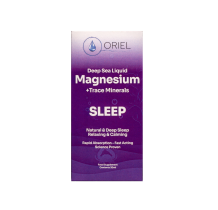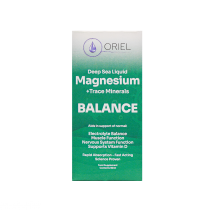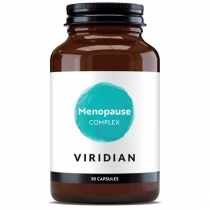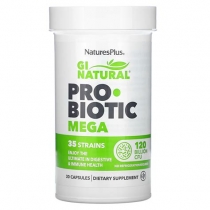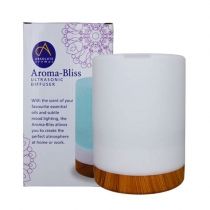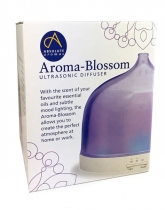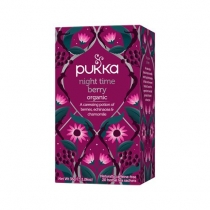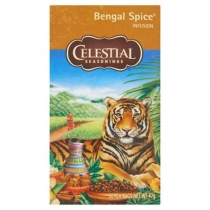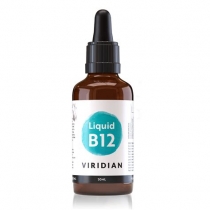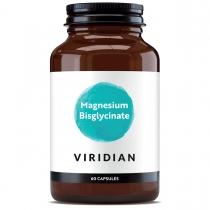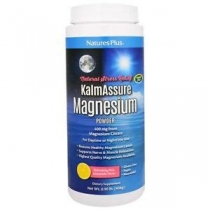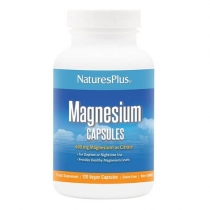What is Anxiety:
Anxiety is something that affects nearly everyone at some point in their life. There are a variety of contributing factors that may lead to a person developing anxiety, including ongoing stressful circumstances, physical conditions such as an overactive thyroid, nutrient deficiency, unhealthy lifestyle choices, substance abuse and addictions, past trauma that has not been processed, and personality factors such as being a perfectionist or having low self-esteem.Symptoms of anxiety include obsessive thinking and compulsive behaviour, tightening of the chest, racing heart rate, hot and cold flushes, excessive sweating, difficulty breathing, constant worrying, muscle tension, insomnia, and avoidance of social situations.
How can Supplements help Anxiety?
Nutrition and supplements can go a long way in helping treat anxiety. Certain nutrients and herbs can help down regulate stress, balance hormones, boost mood and help with neurotransmitters. Here I will discuss some of the most popular supplements for anxiety.
Omega 3 fatty acids:
There are two omega 3 fatty acids in the brain. These are called EPA and DHA. DHA is primarily a structural component for the brain. Eicosapentaenoic acid or EPA is the primary anti-inflammatory omega-3 fatty acid for the brain. If levels of EPA are low in the blood, they are going to be low in the brain. The liefetime of EPA in the brain is very limited which means you have to have a constant supply in the blood stream to keep neuro-inflammation under control. Inflammation in the brain causes disruption and communication between cells and neurotransmitters which can lead to anxiety. Supplementation with omega 3 can help control inflammation in the brain and has been shown to improve mood and ability to handle stress therefore alleviating anxiety.
Magnesium:
Research has found that magnesium deficiency has negative effects on mood and feelings of well-being and can even induce anxiety.
The mechanisms behind how magnesium plays a role in anxiety are thought to be related to the hypothalamic-pituitary adrenal (HPA) axis. The HPA axis regulates stress hormones in the body making it a major factor in anxiety and depression. Magnesium, like omega 3s is also anti-inflammatory helping to control inflammation in the brain. Magnesium also helps stabilize blood sugar levels which can also be a factor in anxiety.
L-Theanine:
L Theanine is an amino acid which can cross the blood brain barrier. It can help with anxiety in a few ways. Firstly it affects alpha waves in the brain. These waves are the brain waves associated with the state of waking relaxation. L-theanine has been shown to stimulate the brain’s alpha waves, meaning it can put you into a more relaxed state without ultimately causing people to fall asleep. L theanine also increases dopamine levels. Dopamine is the hormone released by the brain as a “reward” after engaging in certain behaviours, such as eating certain foods, doing exercise or having sex. GABA is an acid in the body whose function is to inhibit or limit neuron activity in the brain. This has the effect of inducing a state of relaxation. There is some belief that L-theanine increases GABA production. Lastly, L theanine has been shown to result in an increase in serotonin levels in some people. Higher serotonin levels help limit anxiety by promoting positive thinking and discouraging obsessive negative thoughts.
Rhodiola:
Is one of the most popular adaptogenic herbs used in the world. It works by picking up on anything that is out of whack within the body and helping to bring it back to balance. When we are stressed our adrenal glands release a hormone called cortisol, which helps us deal with the stress. Overtime our adrenal glands can burn out, leading to a decline in the release of cortisol, in turn making us less able to deal with stress. Rhodiola nourishes the adrenal glands therefore helping with cortisol release and stress management and therefore anxiety.
Passionflower:
Passionflower, like L theanine also works on GABA helping to induca a state of relaxation.

